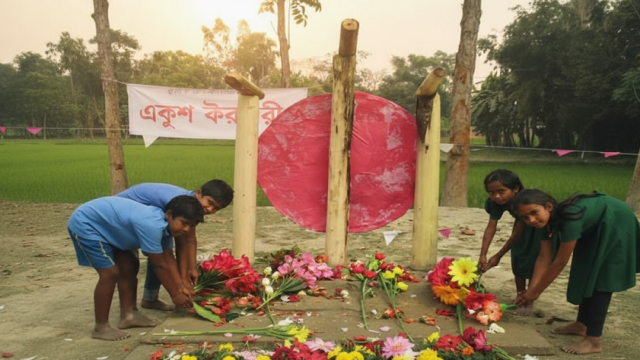Saima Wazed, the Regional Director of WHO South-East Asia, has reiterated the World Health Organization's dedication to bolstering and fortifying Bangladesh’s health sector resilience, given the nation's susceptibility to health challenges stemming from climate change.
Wazed, who initiated her country visits starting with Bangladesh after assuming office on February 1, held discussions with Prime Minister Sheikh Hasina on March 22, concluding her six-day official visit to Bangladesh on Saturday.
The discussions primarily focused on enhancing the capabilities of healthcare professionals, particularly in addressing challenges exacerbated by climate change and its impact on disease transmission, as stated by WHO on Saturday.
Moreover, the regional director reaffirmed WHO's commitment to supporting initiatives aimed at achieving universal health coverage.
During the meeting, Prime Minister Sheikh Hasina emphasized Bangladesh's notable advancements in the health sector, highlighting ongoing endeavors to combat breast cancer, expand health infrastructure and services, according to WHO.
Discussions also encompassed Bangladesh’s response to the Covid-19 pandemic, plans for licensing private health practitioners, and bolstering collaboration between WHO and Bangladesh to enhance healthcare outcomes and tackle emerging health threats.
During her country visit, the regional director inaugurated the new WHO country office on March 24, and engaged in an interactive town hall meeting with staff to discuss the reinforcement of WHO’s efforts to promote health and well-being in Bangladesh.
Additionally, the regional director, along with the King of Bhutan Jigme Khesar Namgyel Wangchuk, visited the Sheikh Hasina National Institute of Burn and Plastic Surgery, where Bangladesh Health Minister Dr. Samanta Lal Sen briefed them on the institute's healthcare services.
Furthermore, the regional director met with the United Nations Country Team (UNCT) and held informal consultations with partners to explore collaboration on priority health issues.































Comment: